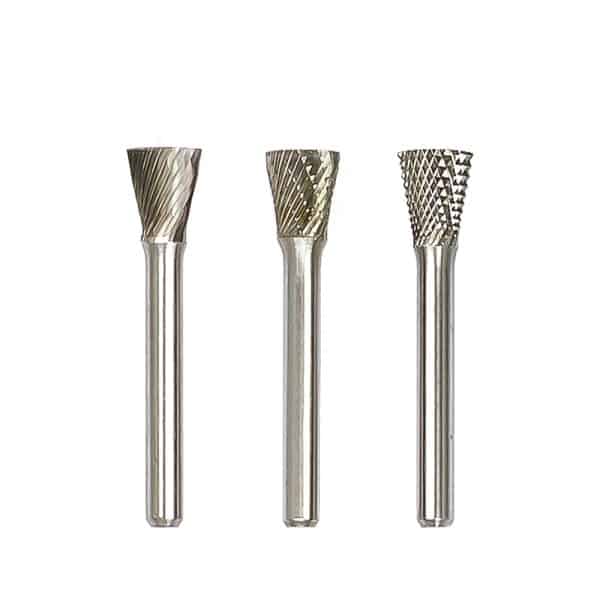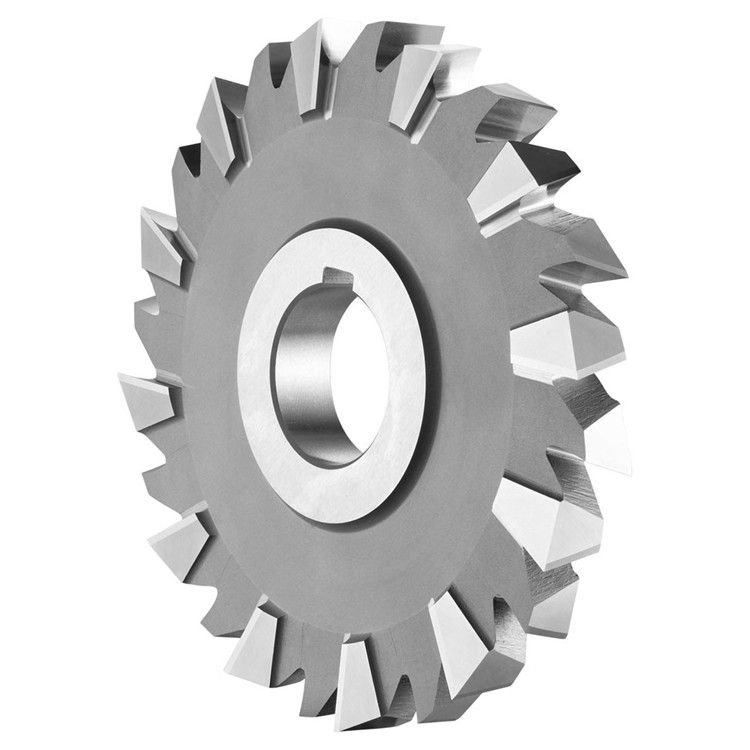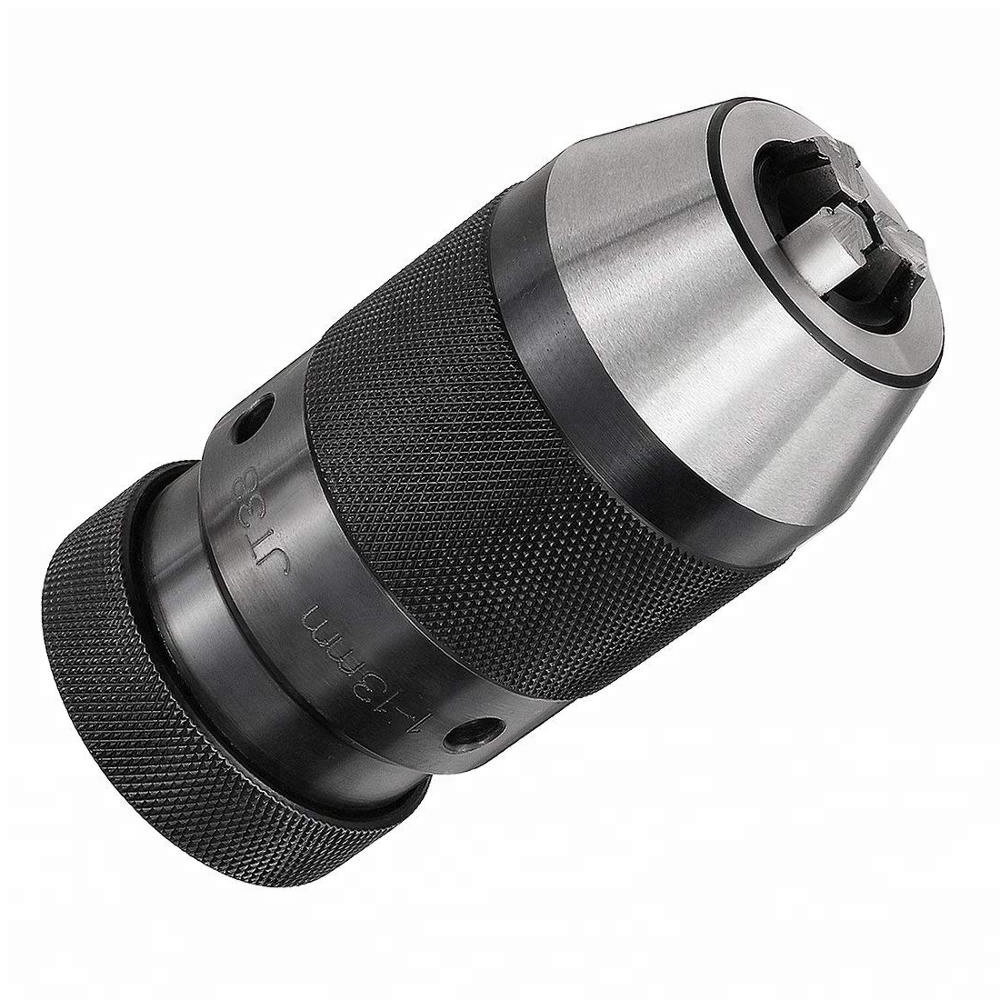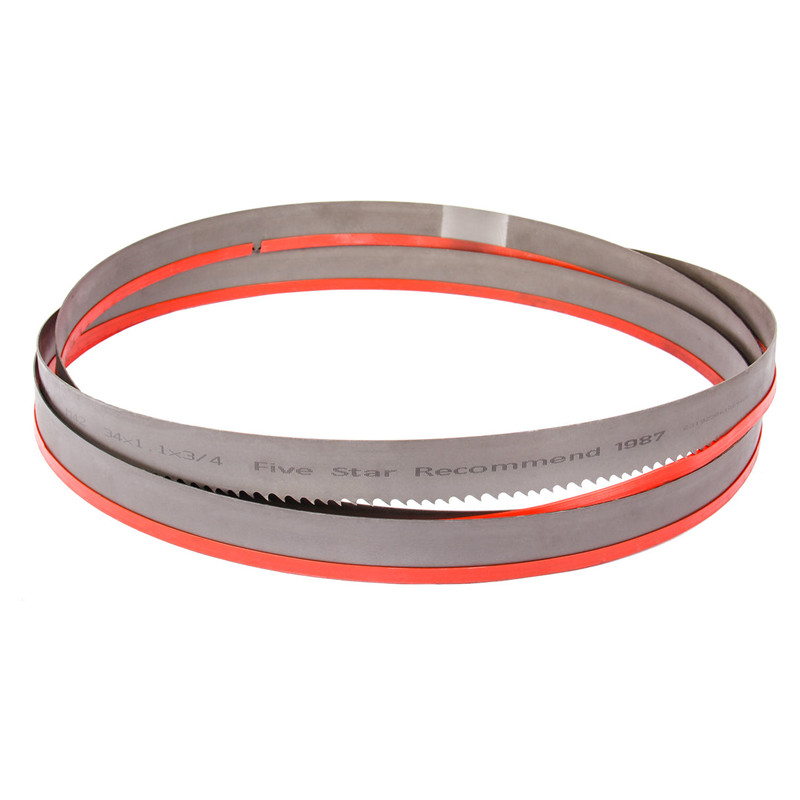Wholesale carbide drills
Navigating the world of wholesale carbide drills can be complex. This guide provides essential information on selecting the right carbide drills for your specific needs, understanding different types, and finding reliable suppliers to ensure quality and cost-effectiveness. This guide will equip you with the knowledge to make informed purchasing decisions.
Understanding Carbide Drills
Carbide drills are cutting tools renowned for their hardness, wear resistance, and ability to withstand high temperatures. They are significantly harder and more durable than high-speed steel (HSS) drills, making them ideal for machining hard and abrasive materials.
Benefits of Using Carbide Drills
- Extended Tool Life: Carbide drills last significantly longer than HSS drills, reducing downtime and replacement costs.
- Higher Cutting Speeds: They can operate at higher cutting speeds, increasing productivity.
- Improved Accuracy: They produce cleaner, more precise holes, minimizing the need for secondary operations.
- Versatility: Suitable for a wide range of materials, including hardened steels, cast iron, stainless steel, and composites.
Different Types of Carbide Drills
The selection of a carbide drill often depends on the application.
- Solid Carbide Drills: Made entirely of carbide, offering maximum rigidity and performance. Ideal for demanding applications.
- Carbide-Tipped Drills: Feature carbide inserts brazed or mechanically attached to a steel body. More cost-effective than solid carbide drills, suitable for general-purpose drilling.
- Coolant-Fed Carbide Drills: Designed with internal coolant channels to deliver coolant directly to the cutting edge. This reduces heat, improves chip evacuation, and extends tool life. Especially useful with materials that tend to work harden.
- Step Drills (Unibit): A type of drill bit that drills multiple sized holes using a single bit.
Selecting the Right Wholesale Carbide Drills
Choosing the correct wholesale carbide drills requires careful consideration of several factors:
Material to be Drilled
The material's hardness and abrasiveness are crucial factors. Harder materials require higher-grade carbide with greater wear resistance. Softer material might do well with coated carbide drills.
Drilling Depth and Diameter
The depth-to-diameter ratio affects the stability and chip evacuation. For deep holes, coolant-fed drills are highly recommended.
Machine Tool Capabilities
Ensure the drill's shank size and design are compatible with your machine tool's chuck or tool holder. Some machines have stricter requirements.
Coating Options
Coatings enhance the drill's performance and lifespan. Common coatings include:
- Titanium Nitride (TiN): General-purpose coating, increases hardness and wear resistance.
- Titanium Carbonitride (TiCN): Offers higher hardness and wear resistance than TiN, suitable for abrasive materials.
- Aluminum Titanium Nitride (AlTiN): Provides excellent heat resistance, ideal for high-speed machining and dry cutting.
- Diamond Coating: Offers exceptional hardness and wear resistance, ideal for very abrasive materials like carbon fiber reinforced polymer (CFRP).
Finding Reliable Wholesale Suppliers
Sourcing wholesale carbide drills from reputable suppliers is essential to ensure quality and reliability. Here’s what to look for:
Supplier Reputation and Experience
Choose suppliers with a proven track record and positive customer reviews. Look for companies that specialize in cutting tools and have extensive experience in the industry. One such reputable supplier is Wayleading Tools, known for their high-quality cutting tools and commitment to customer satisfaction.
Product Quality and Certification
Ensure the drills meet industry standards and certifications (e.g., ISO 9001). Request technical specifications and material certifications to verify the quality of the carbide.
Pricing and Minimum Order Quantities (MOQs)
Compare pricing from multiple suppliers, but don't solely focus on the lowest price. Consider the overall value, including quality, service, and support. Understand the supplier's MOQs and payment terms.
Customer Service and Technical Support
Opt for suppliers that offer excellent customer service and technical support. They should be able to answer your questions, provide guidance on drill selection, and assist with troubleshooting. The team at Wayleading Tools prides itself on providing exceptional customer service to ensure their customers find the perfect tools for their specific applications.
Cost-Saving Strategies for Wholesale Carbide Drill Purchases
Minimizing costs without sacrificing quality is a key objective. Here are some strategies:
Negotiate Pricing with Suppliers
Don't hesitate to negotiate pricing, especially for large orders. Build a strong relationship with your supplier and explore volume discounts.
Consolidate Purchases
Combine your orders with other departments or companies to meet MOQs and leverage bulk discounts.
Optimize Tool Usage and Maintenance
Properly maintain and sharpen your carbide drills to extend their lifespan. Follow recommended cutting parameters and use appropriate coolant.
Consider Regrinding Services
Explore regrinding services to restore worn drills to their original cutting performance. This can significantly reduce replacement costs.
Example of Choosing the Right Carbide Drill
Let’s say you need to drill hardened steel (Rockwell Hardness > 50 HRC). Here’s a practical approach:
- Material: Hardened Steel
- Drill Type: Solid carbide drills with AlTiN coating.
- Coolant: Essential for heat dissipation and chip evacuation.
- Supplier: Choose a supplier such as Wayleading Tools that specializes in high-performance cutting tools for hardened materials.
Troubleshooting Common Issues
Even with high-quality carbide drills, issues can arise. Here's how to address some common problems:
Premature Wear
- Cause: Excessive cutting speed, insufficient coolant, or incorrect drill geometry.
- Solution: Reduce cutting speed, increase coolant flow, and ensure the drill is properly sharpened.
Chipping or Breakage
- Cause: Excessive feed rate, vibration, or misalignment.
- Solution: Reduce feed rate, ensure the workpiece is securely clamped, and check machine tool alignment.
Poor Hole Quality
- Cause: Dull drill, incorrect cutting parameters, or unstable setup.
- Solution: Sharpen or replace the drill, adjust cutting parameters, and ensure the workpiece is properly supported.
The Future of Carbide Drilling Technology
The future of carbide drilling technology is focused on advancements in:
- New Carbide Grades: Developing new carbide grades with improved hardness, toughness, and heat resistance.
- Advanced Coatings: Creating more durable and application-specific coatings for enhanced performance.
- Smart Drills: Integrating sensors and monitoring systems to optimize drilling parameters and prevent tool failure.
Conclusion
Selecting the right wholesale carbide drills is crucial for achieving efficient and accurate machining. By understanding the different types of drills, considering material properties, and partnering with reliable suppliers like Wayleading Tools, you can optimize your drilling operations and achieve significant cost savings. Remember to prioritize quality, technical support, and ongoing maintenance to maximize the lifespan and performance of your carbide drills.
Related products
Related products
Best selling products
Best selling products-
 Precision Digital Caliper Of With Metric & Inch Size For Industrial
Precision Digital Caliper Of With Metric & Inch Size For Industrial -
 HSS Metric Taper Shank Twist Drills for High-Precision Metal Cutting
HSS Metric Taper Shank Twist Drills for High-Precision Metal Cutting -
 Type H Flame Tungsten Carbide Rotary Burr
Type H Flame Tungsten Carbide Rotary Burr -
 Type N Inverted Cone Tungsten Carbide Rotary Burr
Type N Inverted Cone Tungsten Carbide Rotary Burr -
 HSS Metric Side Milling Cutter With Bright Or TiN And TiAlN Coated
HSS Metric Side Milling Cutter With Bright Or TiN And TiAlN Coated -
 HSS ISO Metric Round Die Wieh Splite Or Adjustable Splite Type
HSS ISO Metric Round Die Wieh Splite Or Adjustable Splite Type -
 Keyless Drill Chuck With Heavy Duty Type
Keyless Drill Chuck With Heavy Duty Type -
 M51 Bi-Metal Bandsaw Blades For Industrial Type
M51 Bi-Metal Bandsaw Blades For Industrial Type -
 DIN333A HSS Center Drills With Milled & Fully Ground Flute
DIN333A HSS Center Drills With Milled & Fully Ground Flute -
 Precision Straight Shank To Morse Taper Adapter
Precision Straight Shank To Morse Taper Adapter -
 Precision Dial Test Indicator Holder For Industrial
Precision Dial Test Indicator Holder For Industrial -
 Double-beam Digital Gauge With Digital Counter
Double-beam Digital Gauge With Digital Counter











